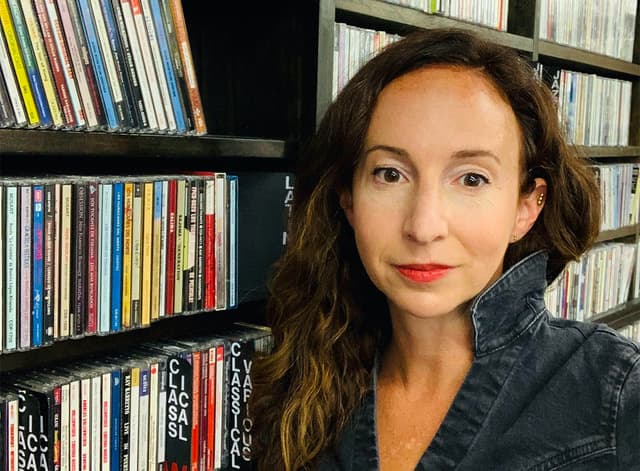Podcast

Rachel Van Nortwick Can Help You Push Play On Love
July 5, 2022
Rachel Van Nortwick is the founder and CEO of Vinylly, a dating app that makes matches based on your music streaming data.

Rachel Van Nortwick is the founder and CEO of Vinylly, a dating app that makes matches based on your music streaming data.